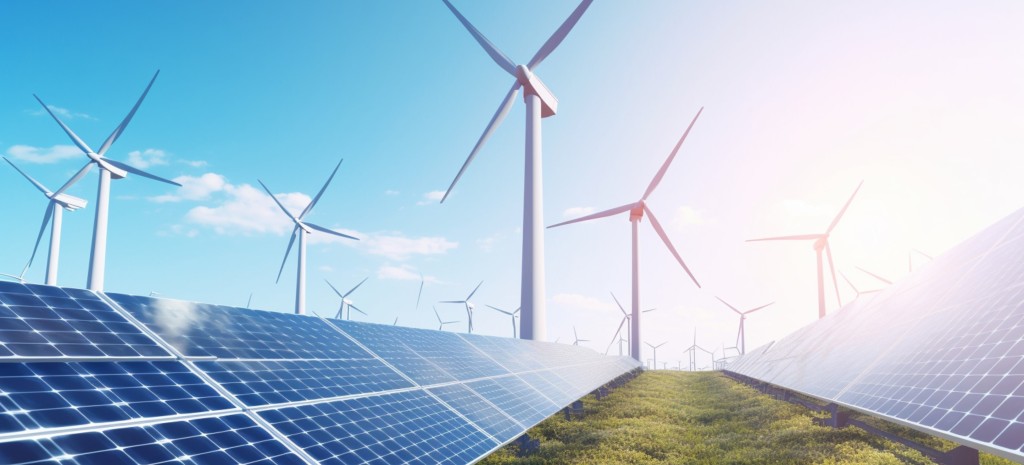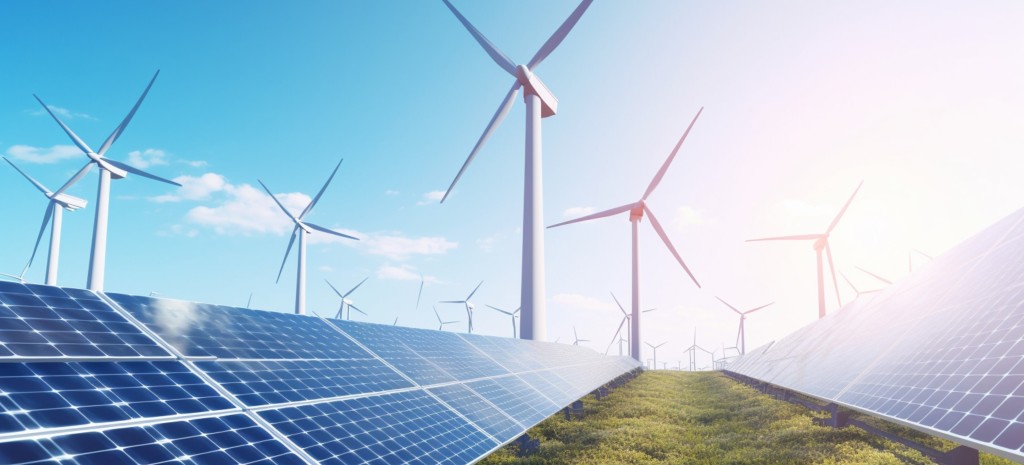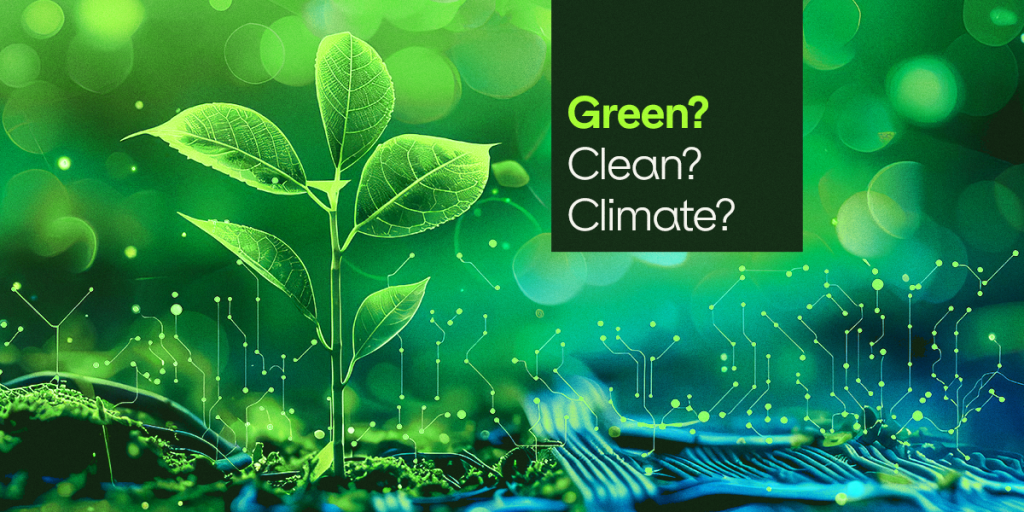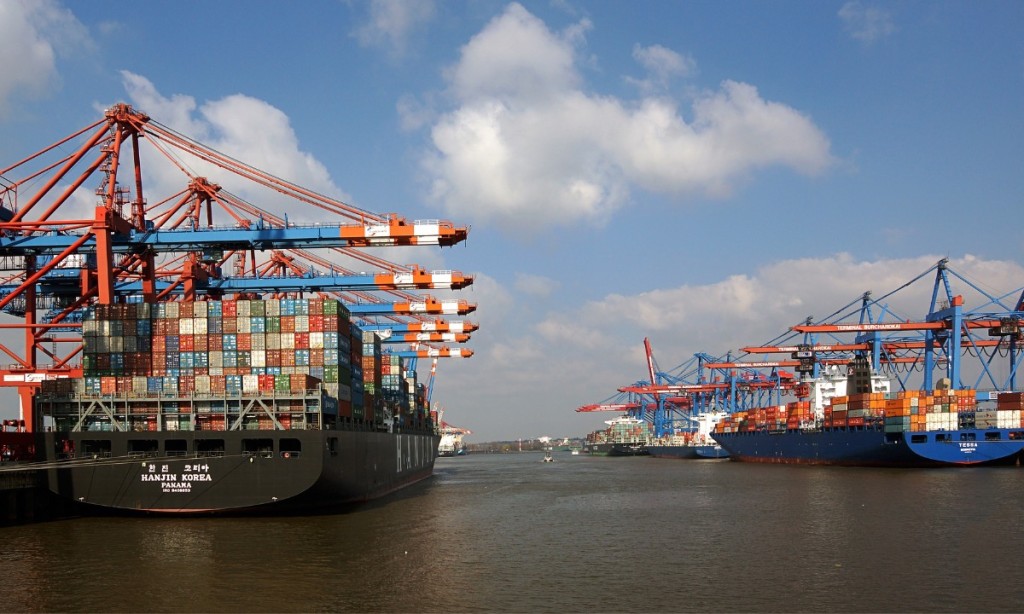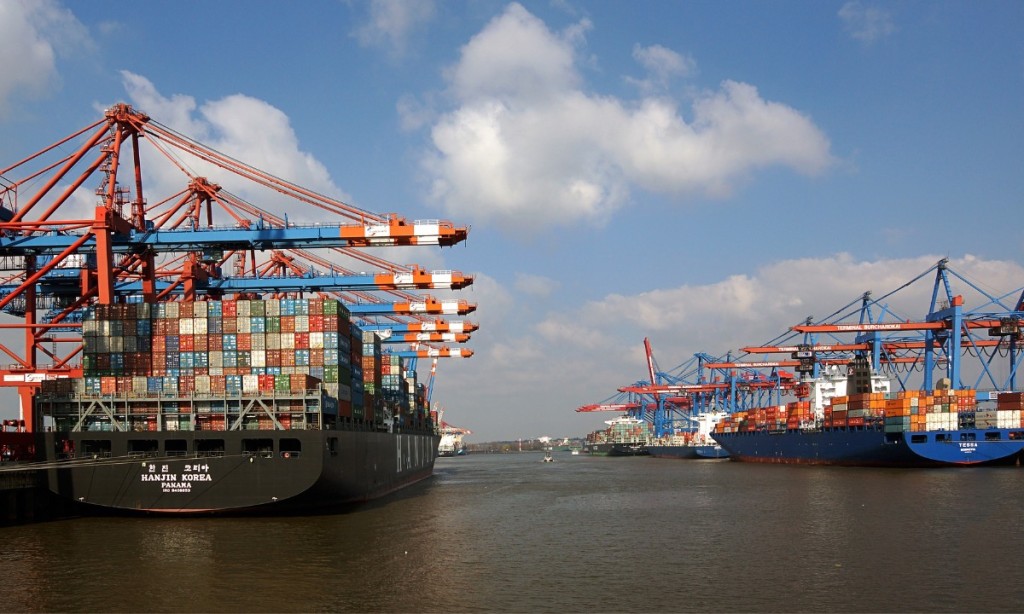How Can Investment in GreenTech Companies Accelerate the Transition to a Greener Economy?
The Green Transition Is Essential for a Sustainable Future
In the current global scenario, population growth and rising average income are driving an increased demand for goods and services. This demand is often met through the expanded use of natural resources, especially land for food production. According to FAO, by 2050, we will need to increase food production by 70% in a much more efficient and cost-effective manner to meet global demand. This will require enhancing the productivity of our current agricultural land and expanding its use.
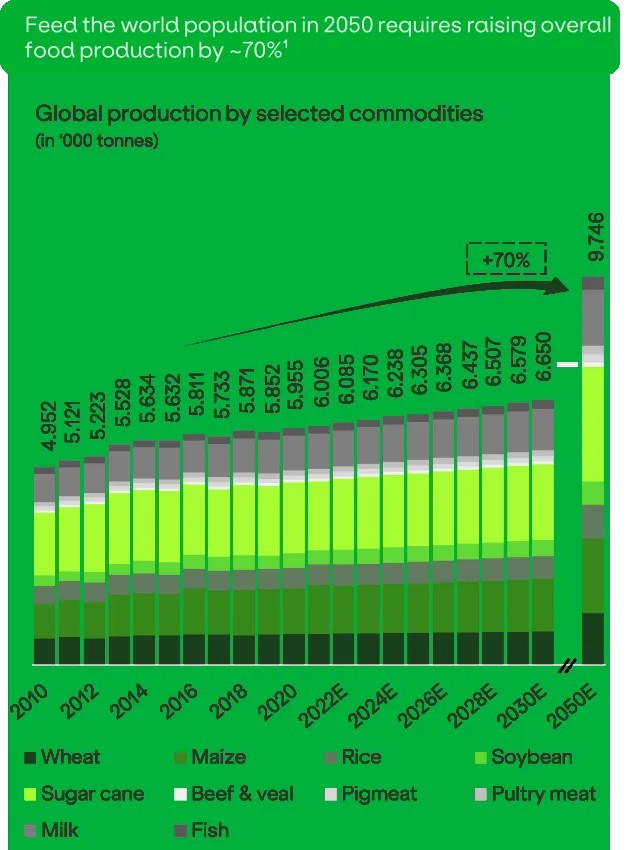

In the face of mounting environmental challenges, the green economy emerges as a model to counter these trends. It proposes changes in policies and incentives to foster growth, social progress, and well-being, all while conserving and sustainably using natural resources and maintaining strict pollution control. Moreover, our region of Latin America bears a significant responsibility in ensuring food security to meet future demands.
The rapid growth of the green economy into the financial market can be attributed to a more informed and discerning society that is changing its consumption habits, forcing businesses to adapt their production methods and adopt more sustainable practices. Alongside this, both the private and public sectors are nearing their respective deadlines for achieving a Net Zero Economy, some by 2030, others by 2040, 2050, and beyond. The complexity of meeting net-zero targets is driving the urgency for innovative solutions.


In the coming decades, we will witness a significant population surge while simultaneously striving to achieve the net zero target. In this critical context, the only viable path forward lies in a twofold approach: enhancing agricultural yields and expanding cultivated land. To accomplish this, we must adopt more innovative, efficient, and sustainable practices.
In addition to the global efforts for a sustainable future, we believe that focusing on the geographical competitive advantages of certain countries, like Brazil, can significantly accelerate the green transition. The rich natural heritage of Latin America and Caribbean is key to maintaining the world’s environmental dynamics and ecological balance. The rural areas of the region contain 50% of the world’s biodiversity, 23% of forests, ⅓ of all fresh water and 12% of cultivated lands.
This natural heritage provides the basis for an abundant and diverse agricultural and food production, which employs and nourishes hundreds of millions of people. The region currently contributes 14% of global agricultural production and 23% of global exports of agricultural and fisheries products. Apart from the agricultural sector, our energy matrix stands out as one of the most renewable in the world, thanks to abundant sunlight, water and wind potential.
However, very little has been done in the waste management sector, with very low recycling rates, indicating the need for stronger regulatory frameworks. The same applies to decarbonizing logistics, where we have seen an uptick in EV usage in recent years, but we are only just beginning to tap into its potential, given the region’s vast highway network and reliance on road transportation.
Technology: A Crucial Catalyst in Accelerating the Green Transition
Within the vast array of solutions that the investment market can offer to expedite the green transition, a crucial role is played by venture capital (VC) in supporting innovative startups with high growth potential. In recent years, we have witnessed a surge of capital flowing into the VC landscape, driven by the recognition of its unique ability to identify and nurture the most disruptive, efficient, and scalable companies poised to revolutionize large, often global markets.
In light of the abundance of mature greentech companies, it is crucial to clearly define the specific pain points and bottlenecks you aim to address from the outset. Within Barn’s greentech investment strategy, the selection process commences with identifying the most emission-intensive sectors within our region, thereby establishing the scope of our investment universe. We then deepdive into these sectors and sub-sectors to gain a comprehensive understanding of how venture capital funding can effectively influence their trajectories. In the context of Latin America, our primary focus lies in the sectors of agriculture (land-use), energy efficiency, logistics, and circular economy.
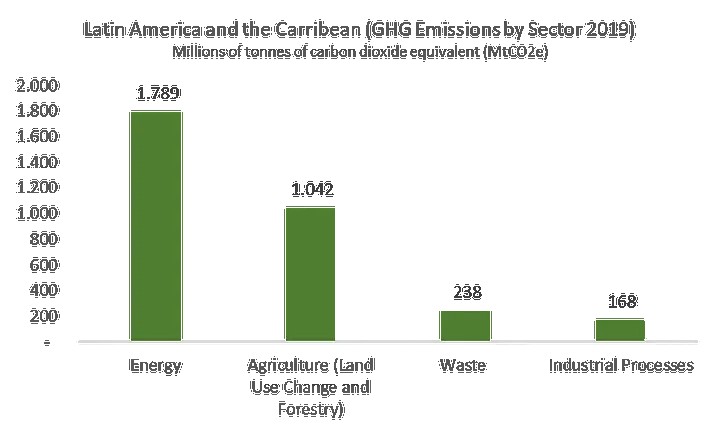

Agriculture stands as the primary contributor to Brazil’s greenhouse gas emissions, highlighting the crucial need for sustainable practices and innovation within the sector. For instance, one of the major hurdles in our agricultural sector is access to credit. In Brazil, as in many developing nations, small and mid-size farmers face several obstacles in securing financial credit and funds. This limited access to capital often results in small and mid-size farms (SMFs) that are generally less competitive, less efficient, and more financially strained, leading to an inefficient use of resources. The lack of access to capital also puts a strain on production capacity, generating more waste and, overall, increasing vulnerability to unpredictable events such as those triggered by climate change.
To reduce this challenge, we have invested in Agrolend, an AgFinTech that simplifies the financing process for small and medium-sized Brazilian rural producers that are usually undersupplied in credit to finance their agricultural inputs and technologies.
Circling back to our initial question, it is crucial to emphasize that our investment thesis reflects the key elements of our geographical competitive advantages and the recognition of market inefficiencies as catalysts for innovation and the transition to a greener economy. As Venture Capital investors, our primary objective will always be to identify and invest in groundbreaking technology applications and scale the most efficient solutions that the global market demands, while recognizing that these solutions often originate in specific regions. Therefore, a deep understanding of these regions is essential to fully capture the value of the green transition.




